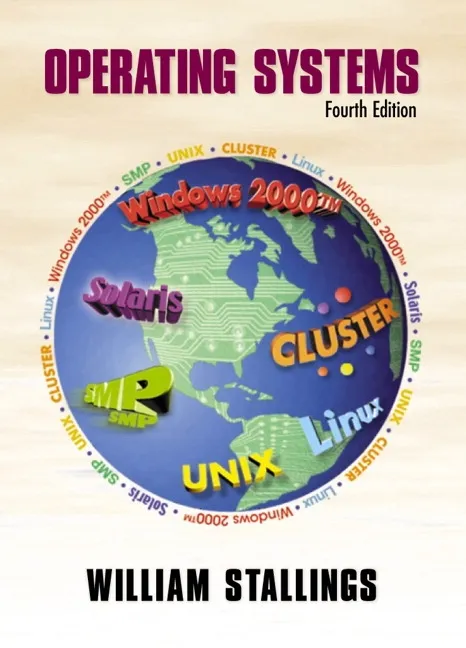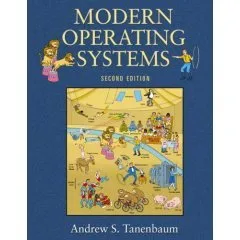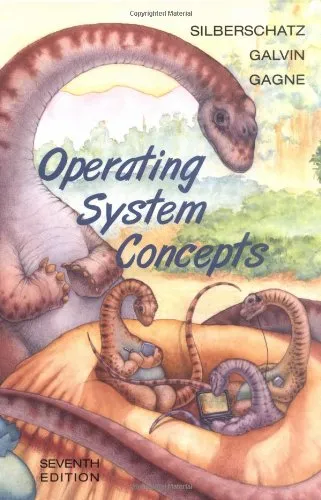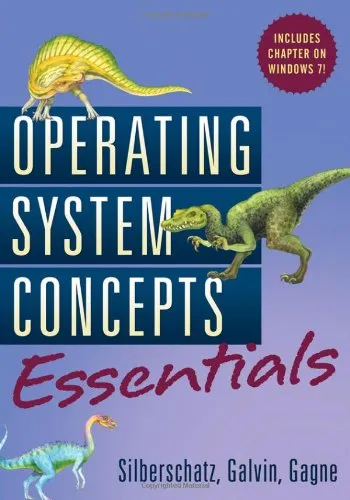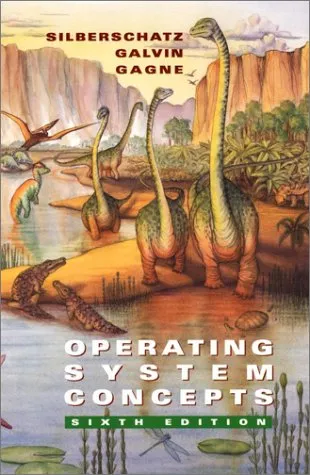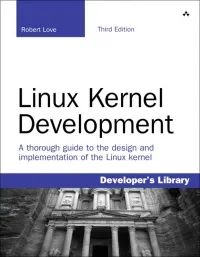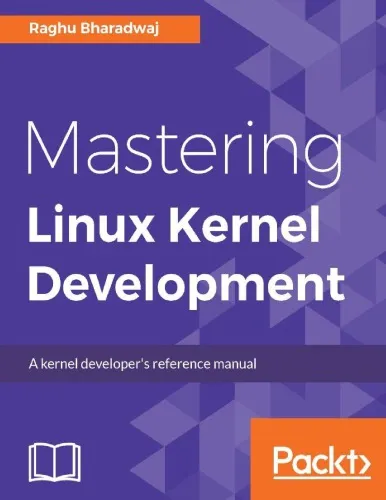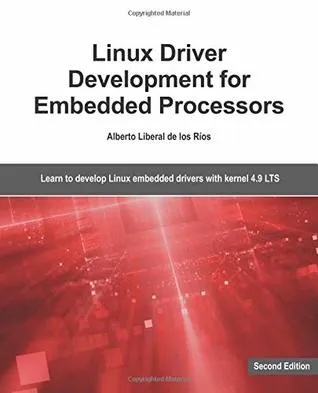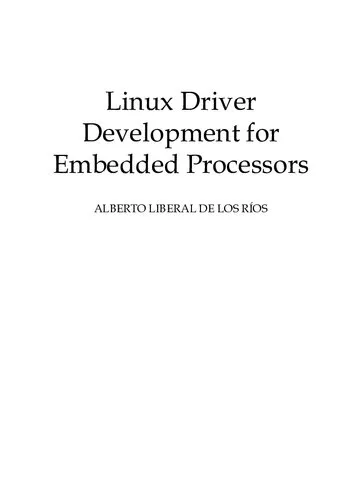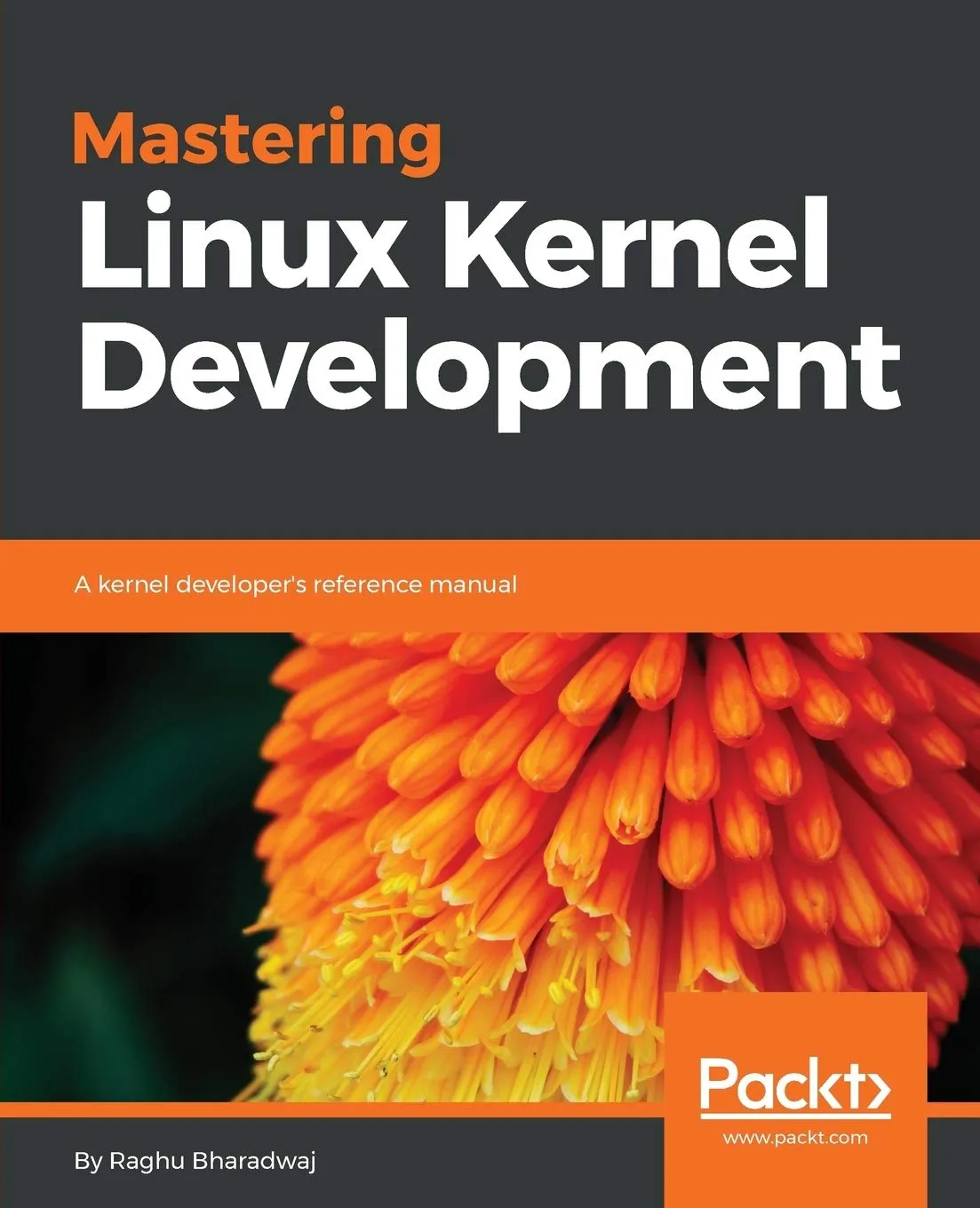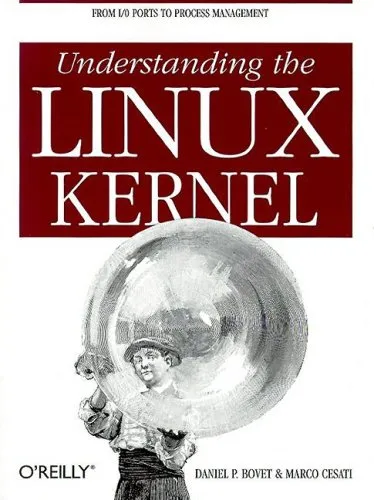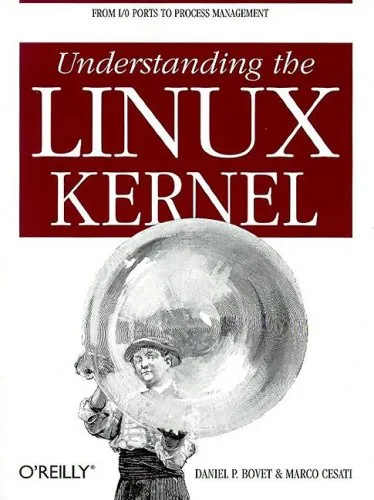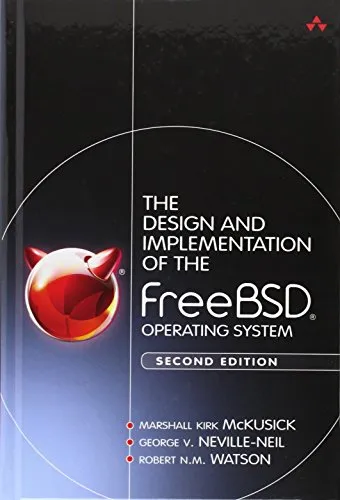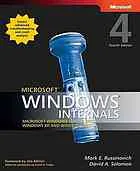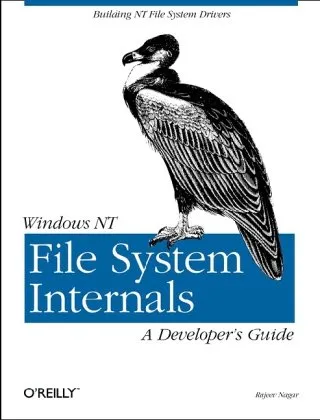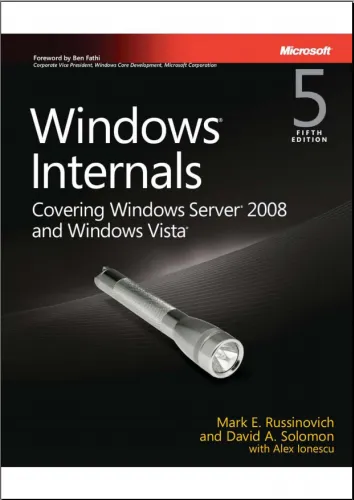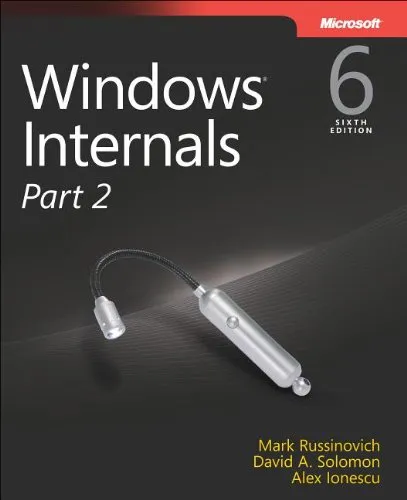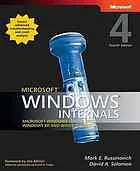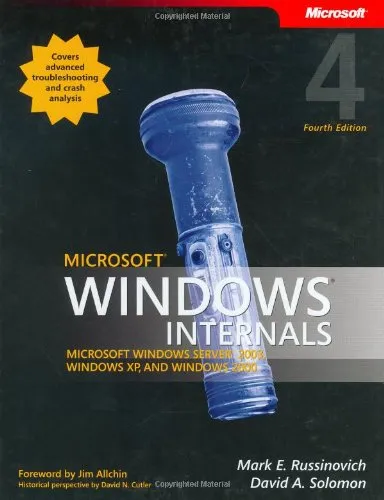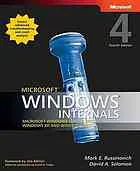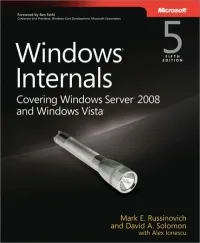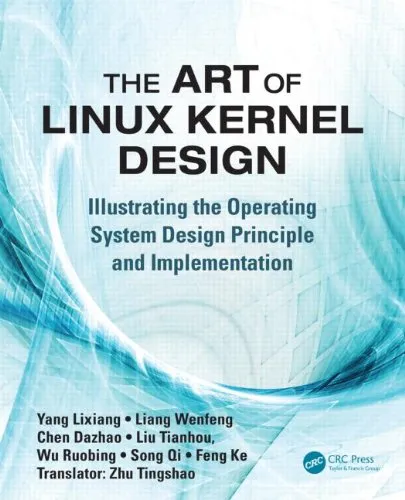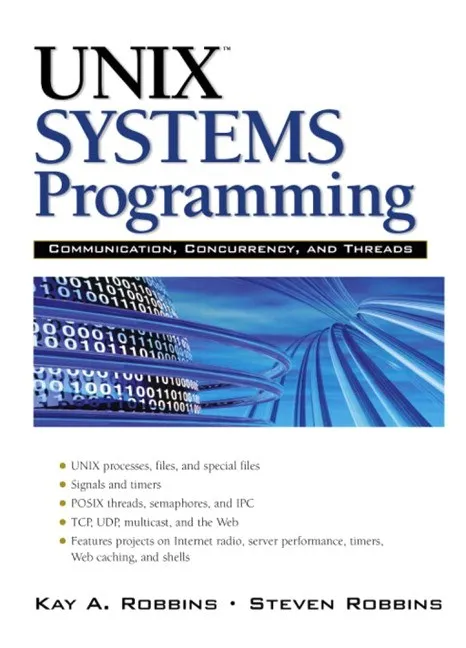Operating systems: internals and design principles
5.0
Reviews from our users

You Can Ask your questions from this book's AI after Login
Each download or ask from book AI costs 2 points. To earn more free points, please visit the Points Guide Page and complete some valuable actions.Related Refrences:
Persian Summary
Introduction to Operating Systems Internals and Design Principles
Operating Systems Internals and Design Principles is a comprehensive textbook written by William Stallings a renowned author and expert in the field of computer science. The book provides an in-depth exploration of the concepts principles and design of operating systems making it an essential resource for students researchers and professionals in the field.
Detailed Summary of the Book
The book is divided into several chapters each focusing on a specific aspect of operating systems. The early chapters introduce the fundamental concepts of operating systems including the definition evolution and types of operating systems. The author then delves into the details of process management memory management and file systems providing a thorough understanding of the underlying mechanisms and algorithms.
The book also covers advanced topics such as concurrency synchronization and deadlock as well as input/output management and security. The author provides numerous examples and case studies to illustrate the concepts and principles making it easier for readers to understand and apply the knowledge.
The book concludes with a discussion on the design and implementation of operating systems including the challenges and trade-offs involved in designing a modern operating system. The author also explores the future directions of operating systems including the impact of emerging technologies such as cloud computing and the Internet of Things IoT.
Key Takeaways
Some of the key takeaways from the book include
- Understanding the fundamental concepts and principles of operating systems
- Knowledge of process management memory management and file systems
- Understanding of concurrency synchronization and deadlock
- Knowledge of input/output management and security
- Understanding of the design and implementation of operating systems
- Awareness of the challenges and trade-offs involved in designing a modern operating system
- Insight into the future directions of operating systems
Famous Quotes from the Book
Some of the notable quotes from the book include
"The operating system is the most important software component of a computer system as it provides the interface between the user and the hardware."
"The primary function of an operating system is to manage the computer's resources and provide a convenient interface for the user."
"The design of an operating system is a complex task that requires careful consideration of the trade-offs between competing goals and constraints."
Why This Book Matters
Operating Systems Internals and Design Principles is a seminal work that has had a profound impact on the field of computer science. The book provides a comprehensive and authoritative treatment of the subject making it an essential resource for anyone interested in operating systems.
The book's emphasis on the design and implementation of operating systems makes it a valuable resource for practitioners and researchers in the field. The book's coverage of advanced topics such as concurrency and security also makes it a valuable resource for those interested in specialized areas of operating systems.
The book's impact extends beyond the field of computer science as operating systems play a critical role in many areas of modern life including business healthcare and education. The book's insights into the design and implementation of operating systems can inform and improve the development of operating systems in these areas.
Overall Operating Systems Internals and Design Principles is a classic work that continues to be relevant and influential in the field of computer science. Its comprehensive coverage authoritative treatment and emphasis on design and implementation make it an essential resource for anyone interested in operating systems.
Free Direct Download
You Can Download this book after Login
Accessing books through legal platforms and public libraries not only supports the rights of authors and publishers but also contributes to the sustainability of reading culture. Before downloading, please take a moment to consider these options.
Find this book on other platforms:
WorldCat helps you find books in libraries worldwide.
See ratings, reviews, and discussions on Goodreads.
Find and buy rare or used books on AbeBooks.
2033
بازدید5.0
امتیاز1
نظر98%
رضایتReviews:
5.0
Based on 1 users review
amirhd
March 10, 2024, 7:53 a.m.
A masterpiece for those who want to get deep into operating systems!!!
Questions & Answers
Ask questions about this book or help others by answering
No questions yet. Be the first to ask!
